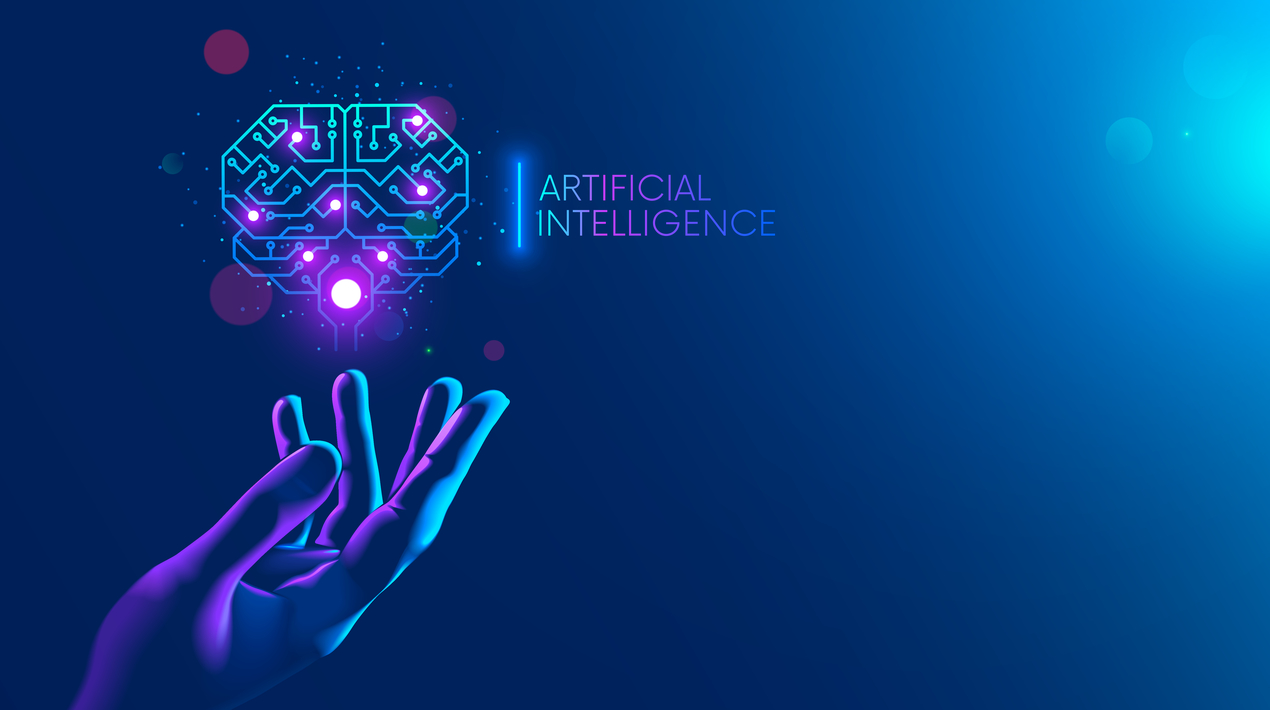
With resolution 1,000 times greater than a light microscope, electron microscopes are exceptionally good at imaging materials and detailing their properties. But like all technologies, they have some limitations.
To overcome these limitations, scientists have traditionally focused on upgrading hardware, which is costly. But researchers at the U.S. Department of Energy’s (DOE) Argonne National Laboratory are showing that advanced software developments can push their performance further.
Our method is helping improve the resolution of existing instruments so people don’t need to upgrade to new expensive hardware so often.
– Tao Zhou, Aassistant Scientist, Argonne & Lad Author
Argonne researchers have recently uncovered a way to improve the resolution and sensitivity of an electron microscope by using an artificial intelligence (AI) framework uniquely. Their approach, published in npj Computational Materials, enables scientists to get even more detailed information about materials and the microscope itself, which can further expand its uses.
Electrons act like waves when they travel, and electron microscopes exploit this knowledge to create images. Images are formed when a material is exposed to a beam of electron waves. Passing through, these waves interact with the material, and this interaction is captured by a detector and measured. These measurements are used to construct a magnified image.
Along with creating magnified images, electron microscopes also capture information about material properties, such as magnetization and electrostatic potential, which is the energy needed to move a charge against an electric field. This information is stored in a property of the electron wave known as a phase. Phase describes the location or timing of a point within a wave cycle, such as the point where a wave reaches its peak.
When measurements are taken, information about the phase is seemingly lost. As a result, scientists cannot access information about magnetization or electrostatic potential from the images they acquire. Knowing these characteristics is critical to controlling and engineering desired properties in materials for batteries, electronics and other devices. That’s why retrieving phase information is important.
Retrieving phase information is a decades-old problem. It originated in X-ray imaging and is now shared by other fields, including electron microscopy. To resolve this problem, Argonne computational scientists propose leveraging tools built to train deep neural networks, a form of AI.
Neural networks are essentially a series of algorithms designed to mimic the human brain and nervous system. When given a series of inputs and output, these algorithms seek to map out the relationship between the two. But to do this accurately, neural networks have to be trained. That’s where training algorithms come into play.
Using these training algorithms, the research team demonstrated a way to recover phase information. But what makes their approach unique is that it also enables scientists to retrieve essential information about their electron microscope.
Their method also improves the resolution and sensitivity of existing equipment. This means that researchers will be able to recover tiny shifts in phase, and in turn, get information about small changes in magnetization and electrostatic potential, all without requiring costly hardware upgrades.
As reported by OpenGov Asia, DOE’s Argonne National Laboratory has received nearly $3 million in funding for two interdisciplinary projects that will further develop artificial intelligence (AI) and machine learning technology.
The two grants were presented by the DOE’s Office of Advanced Scientific Computing Research (ASCR). They will aid Argonne scientists and collaborators to seek AI and machine learning work in the development of approaches to handle enormous data sets or develop better outcomes where minimal data exists.
By integrating mathematics and scientific principles, they will construct strong and accurate surrogate models. These types of models can greatly reduce the time and cost of working complex simulations, such as those used to forecast the climate or weather.
















